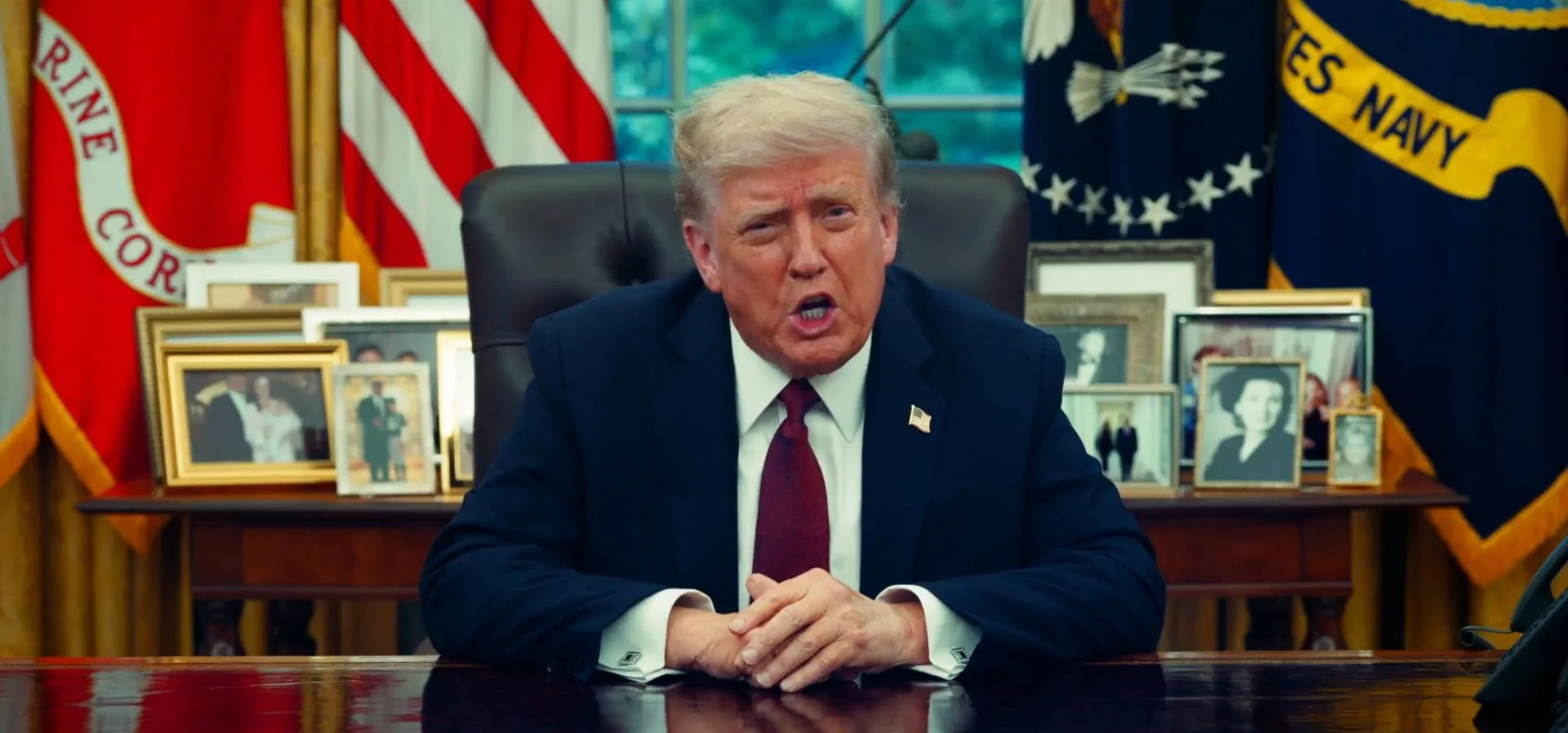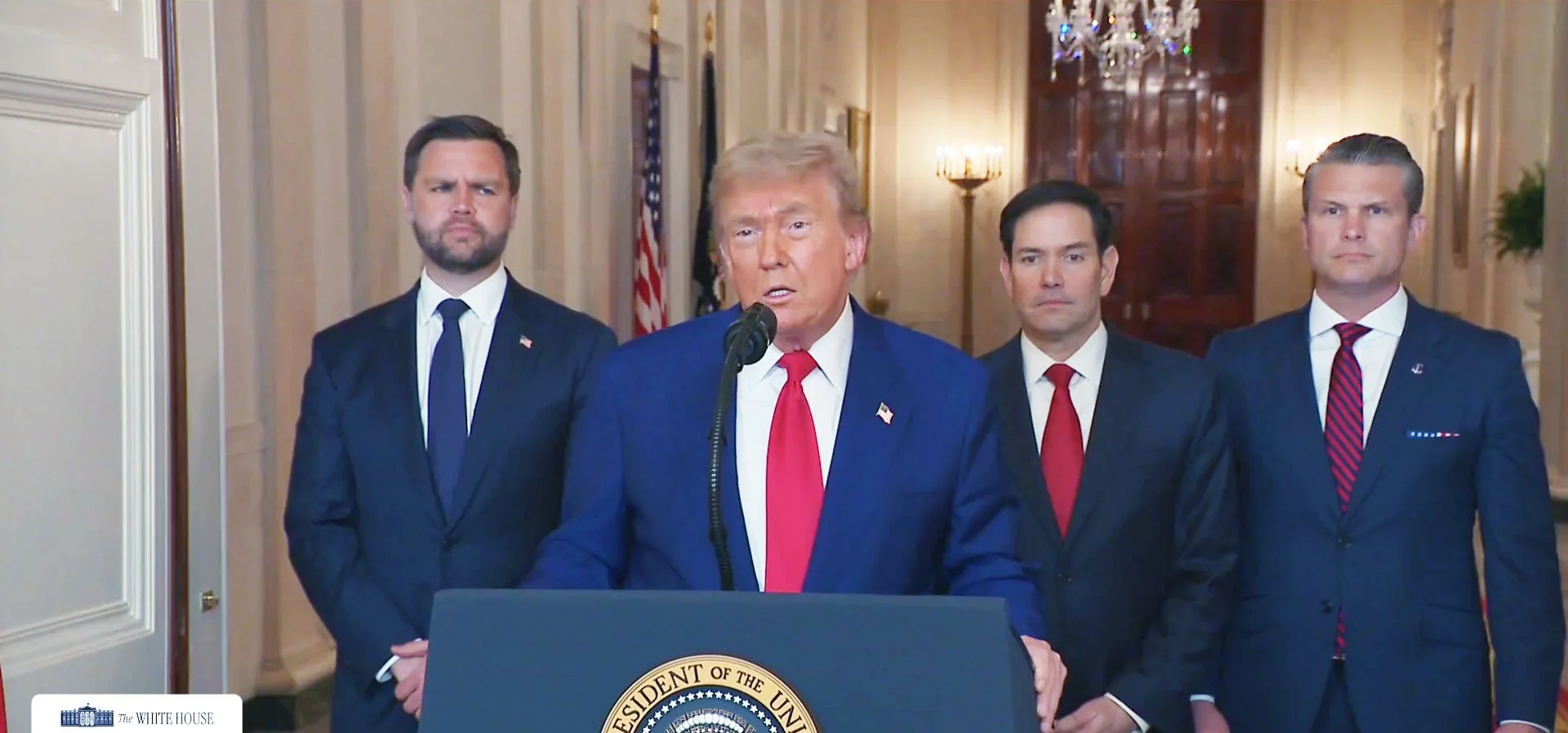Carney unveils $5B support package amid ‘rupture’ with U.S.
‘Just wrapped our Fall Cabinet Planning Forum. We’ve got a very ambitious fall ahead — with a new budget, new legislation, and major new policies to transform Canada’s economy. We’ve worked fast since day one, and we are not slowing down,’ Prime Minister Mark Carney wrote on social media. / TWITTER PHOTO
Prime Minister Mark Carney announced extensive support for tariff-battered industrial sectors as part of a wide-ranging, nine-point economic package intended to set the Liberals’ economic agenda in advance of Parliament’s return on Sept. 15.
Highlighted by a $5-billion fund to help sectors hurt by U.S. trade policies, the budget-like package includes federal assistance for workers, small businesses, farmers and companies selling products to the government.
“The largest economy, the United States, is fundamentally reshaping all of its trading relationships,” Carney said at a press conference. “What’s going on is not a transition – it’s a rupture.”
The initiatives “will help workers acquire new skills and businesses retool their production and diversify their products, while spurring more domestic demand for Canadian businesses,” the Prime Minister’s Office said in a statement.
Relief for auto sector
The strategy also includes a pause in the timing of the federal government’s electric vehicle (EV) mandate — a response to pleas from an auto sector that is already facing severe hardships as a result of the U.S. trade war. The government will give the auto sector flexibility by waiving 2026 model year vehicles from Electric Vehicle Availability Standard requirements and by launching an immediate 60-day review to reduce costs.
In response, Conservative Leader Pierre Poilievre criticized the EV pause as a flip flop. “After voting to keep the ban on gas vehicles, Mr. Carney is forced to admit he was wrong and Conservatives were right, again. Yet he refuses to give certainty to auto workers by ending the ban for good,” he posted on social media.
The Pembina Institute said the decision to delay the EV mandate isn’t in the best interest of Canadians, but automakers applauded the move.
The economic package also includes a “reskilling package” for up to 50,000 workers, expanding Business Development Bank of Canada loans for small and medium-sized enterprises (SMEs) to $5 million, a new biofuel production incentive with over $370 million for domestic producers, and a Regional Tariff Response Initiative that expands support to SMEs to $1 billion over three years, with flexible terms, and increased new non-repayable contributions to eligible businesses impacted by tariffs across all affected sectors, including agricultural and seafood.
Buy Canada
Carney also announced a Buy Canadian Policy to ensure the federal government buys from Canadian suppliers. It will require local content when domestic suppliers are unavailable and extend this procurement approach to all federal funding streams and Crown corporations. It will provide a roadmap for provinces and municipalities to apply similar standards to their own procurement.
The Canadian Steel Producers Association welcomed the policy, saying “Canadian steel producers have the capacity to replace more than 80% of the imported steel we consume domestically.”
Friday’s announcement came after Carney met with his cabinet in Toronto for two days to fine-tune plans for a promised industrial strategy including not only support for tariff-hit sectors but also major infrastructure projects, diversified trade and targeted defence spending.
Industry Minister Mélanie Joly, who spoke to reporters outside the cabinet meeting, said the Liberals’ strategy will focus on steering Canadian businesses away from reliance on the U.S. market to Canada-first options. For example, companies will be encouraged to provide steel for an upgraded defence equipment sector favouring at-home production or prioritizing Canadian lumber in Carney’s promised house-building boom.





